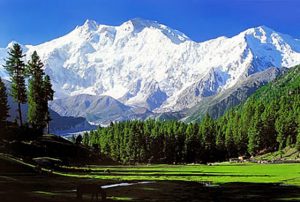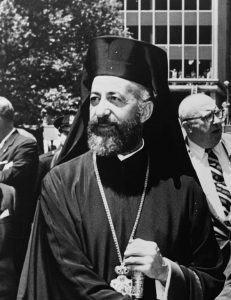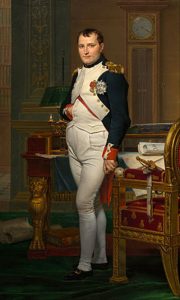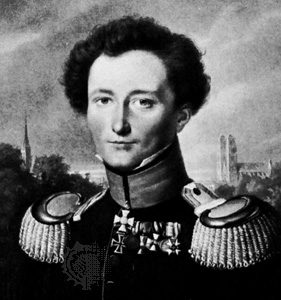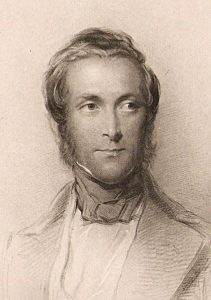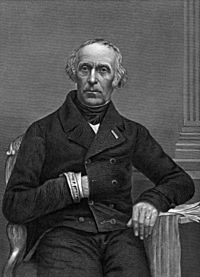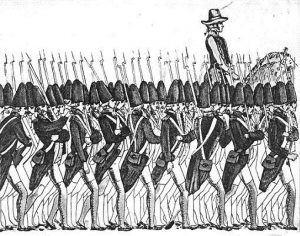
Artist’s impression of members of the French National Guard / eclatdebois.org
The National Guard in France was founded in July, 1789 to replace the royal soldiers who had been forbidden entry to Paris. Other cities and towns followed suit rapidly, and soon most municipalities had their own troops, under the mandate of the local authority. At first, members tended to be of the richer class, freer and able to be more active than the agricultural or urban working classes, but revolutionary leaders soon realised that the Guard was playing a leading part on the side of the royalists (not the idea at all), so it was suppressed in 1795, only to be reorganised again in 1815, when it became an integral part of the bourgeois monarchy of Louis Philippe (q.v.).
However, the Guard refused to defend the regime in 1848, a signal for the February Revolution to break out. It was broken up again during the Second Empire, but revived and transformed in 1870 in a useless attempt to defeat the Prussians, who were invading France at the time. Then in March, 1871 the Guard rebelled in support of the Paris Commune; many of its members were killed, but it was finally and permanently suppressed after the defeat of the Commune.
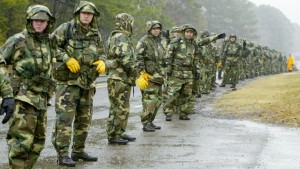
The US National Guard on duty in Texas, USA / rt.com
In the United States of America the National Guard holds great importance. It signifies the well-armed military reserve of each one of the States, and members are subject to federal or state call-up in an emergency. The Guard was created by Congress in 1915 to serve as an auxiliary to the regular army; its members were volunteers, and there has never been a lack of them, as it is a uniformed and salaried state militia. During any war the Guard is subject to federal (or the President’s) control and can be sent to any war zone, but for wholly political reasons it is rarely sent abroad. In the decades before conscription was suspended, many young people volunteered to enter the Guard’s ranks in order not to be conscripted for the Vietnam War. (more…)

